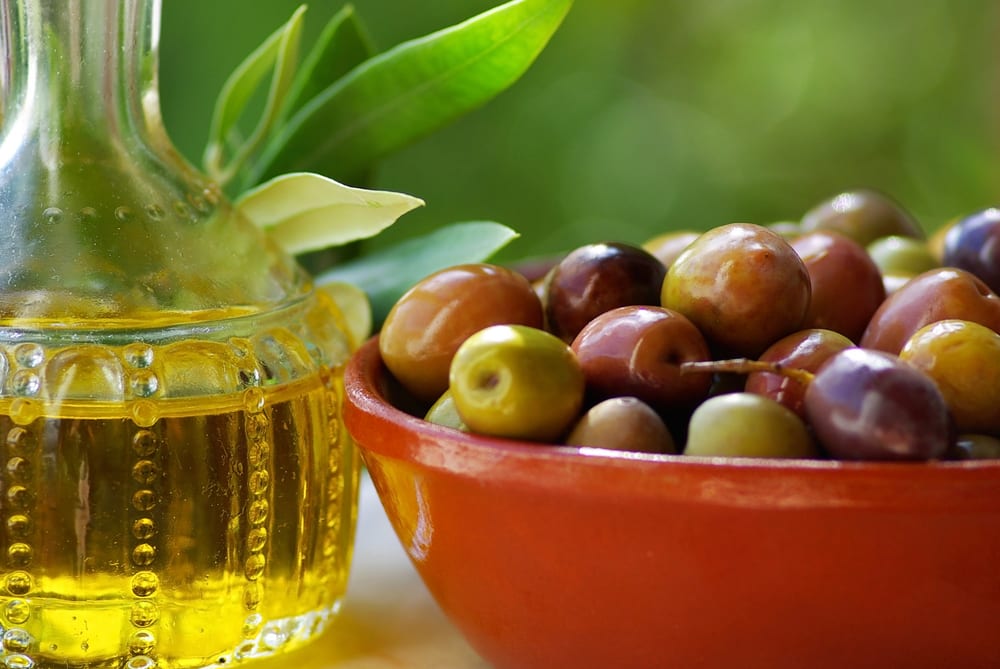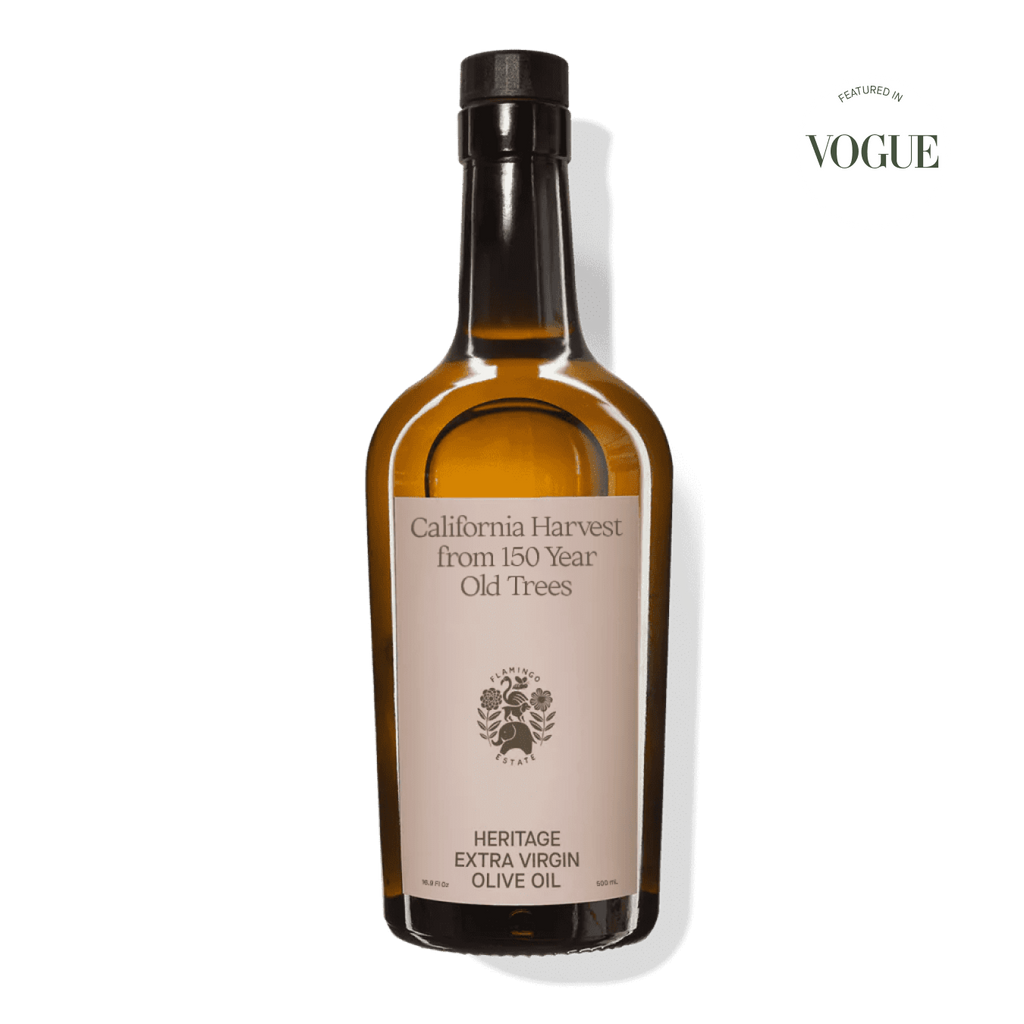Surprising Extra Virgin Olive Oil Benefits You Need to Know
Surprising Extra Virgin Olive Oil Benefits You Need to Know
Blog Article
The Crucial Overview to Recognizing Extra Virgin Olive Oil and Its Culinary Benefits
Bonus virgin olive oil stands as a foundation of cooking excellence, differentiated not just by its exceptional quality yet also by its myriad health and wellness benefits. This oil, extracted from the first pressing of olives, provides reduced acidity and an intricate taste account that improves a varied variety of meals.
What Is Extra Virgin Olive Oil?
Bonus virgin olive oil (EVOO) is a top notch oil stemmed from the initial pressing of olives, defined by its low acidity and rich taste profile. This oil is taken into consideration the finest grade of olive oil, conference stringent criteria for high quality and taste. To qualify as added virgin, the oil needs to be removed through mechanical methods without using warm or chemicals, maintaining the natural characteristics of the olives.
EVOO is celebrated for its complicated fragrance, ranging from fruity to peppery, and its unique preference that can vary based on the olive range and area of production. The wellness advantages of added virgin olive oil are well-documented; it is abundant in monounsaturated fats, anti-oxidants, and anti-inflammatory substances, adding favorably to heart health and general wellness.
In cooking applications, EVOO is functional, ideal for drizzling over salads, enhancing the flavor of cooked meals, and acting as a base for sauces. Its one-of-a-kind taste profile not only elevates dishes but likewise plays a crucial role in Mediterranean cuisine, where it is a staple ingredient. Comprehending EVOO's high qualities can enhance culinary experiences and promote healthier eating habits.
How Extra Virgin Olive Oil Is Made

This step is vital for releasing the oil from the cells of the fruit. Following this, the paste is subjected to malaxation, where it is gently mixed to assist in the splitting up of oil from water and solids.
The next stage involves centrifugation, which uses rapid spinning to separate the oil from the continuing to be pulp and water. The resulting oil is then filteringed system to improve clearness and stability. Additional virgin olive oil is kept in dark glass or stainless steel containers to safeguard it from light and oxidation, ensuring its extraordinary taste and high quality are protected up until it reaches consumers.
Health Perks of Extra Virgin Olive Oil
What makes extra virgin olive oil a staple in healthy and balanced diet regimens around the globe? Its abundant make-up of monounsaturated fats, largely oleic acid, adds dramatically to cardiovascular health and wellness. Studies have revealed that these healthy and balanced fats can decrease inflammation, reduced poor cholesterol levels (LDL), and increase good cholesterol (HDL), hence advertising heart health and wellness.
Furthermore, extra virgin olive oil is a powerful source of antioxidants, consisting of polyphenols and vitamin E (extra virgin olive oil benefits). These substances assist combat oxidative stress and lower the danger of chronic conditions such as cancer cells and diabetic issues. The anti-inflammatory buildings of added virgin olive oil additionally improve its health benefits, making it a useful enhancement to an anti-inflammatory diet regimen
Research study has also indicated that routine consumption of added virgin olive oil might sustain cognitive function and reduced the danger of neurodegenerative diseases, such as Alzheimer's. In addition, its prospective duty in weight monitoring, try these out when utilized in small amounts, highlights its flexibility as a healthful fat resource.
Culinary Uses and Applications
A foundation of Mediterranean cuisine, additional virgin olive oil offers a wide range of cooking applications that enhance taste and boost dishes. Its abundant, nuanced preference profile makes it an excellent option for showering over salads, grilled vegetables, or baked meats, conveying deepness and splendor.

Furthermore, it works as a necessary active ingredient in dressings, giving a base for vinaigrettes and luscious sauces, while boosting the general taste experience. Extra virgin olive oil can additionally be used as a completing oil, added right before serving to highlight the dish's aroma and taste profile.

Tips for Finding Top Quality Olive Oil
Picking high quality olive oil can substantially improve both flavor and health benefits in your cooking undertakings. To guarantee you select the most effective product, consider the adhering to pointers.
First, search for the designation "extra virgin" on the tag. This category suggests that the oil is made from the first cold pushing of olives, maintaining the highest degree of taste and nutrients. Furthermore, check for a harvest day; fresher oils are normally better in both preference and health find more information residential properties.
Next, consider the resource. Oils from regions recognized for top notch production, such as Italy, Spain, and Greece, often produce exceptional items. Try to find single-origin oils, as they usually give a more authentic flavor account compared to blends.
Analyze the product packaging, as well. Quality olive oil should be saved in dark glass bottles or tins to shield it from light and oxidation. extra virgin olive oil benefits. Prevent clear plastic containers, as they subject the oil to light, which can weaken its high quality
Verdict
In conclusion, extra virgin olive oil stands as a premium oil, commemorated for its exceptional flavor and various health and wellness advantages. Picking high-quality extra virgin olive oil is important for enhancing both taste and wellness residential or commercial properties, strengthening its condition as a staple in healthy and balanced food preparation and nutritional techniques.
Bonus virgin useful source olive oil (EVOO) is a top quality oil derived from the first pressing of olives, characterized by its low acidity and rich flavor profile.The production of extra virgin olive oil begins with the careful harvesting of olives, which are normally handpicked to protect against damages to the fruit. Additional virgin olive oil is kept in dark glass or stainless steel containers to safeguard it from light and oxidation, ensuring its extraordinary flavor and quality are preserved until it gets to customers.
In final thought, additional virgin olive oil stands as a premium oil, celebrated for its exceptional taste and many health and wellness benefits. extra virgin olive oil benefits. Selecting top quality extra virgin olive oil is essential for maximizing both taste and health and wellness homes, reinforcing its standing as a staple in healthy and balanced cooking and dietary techniques
Report this page